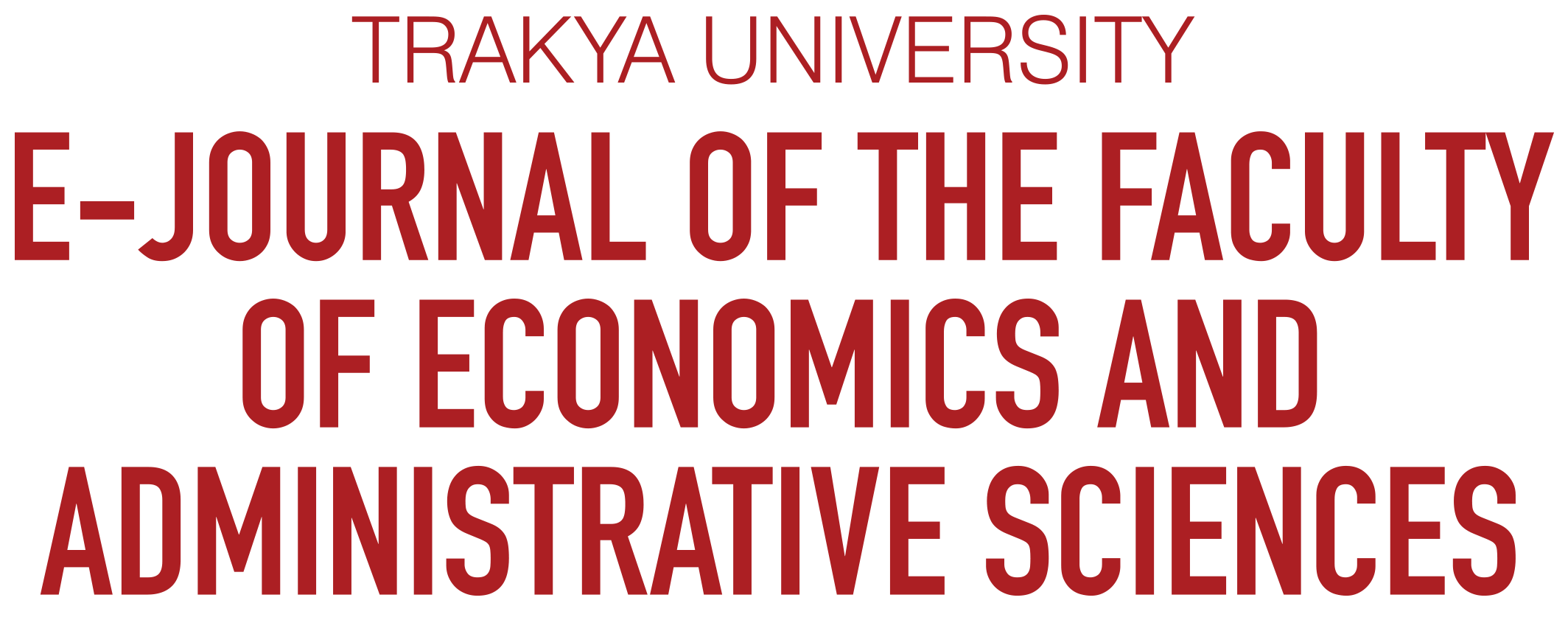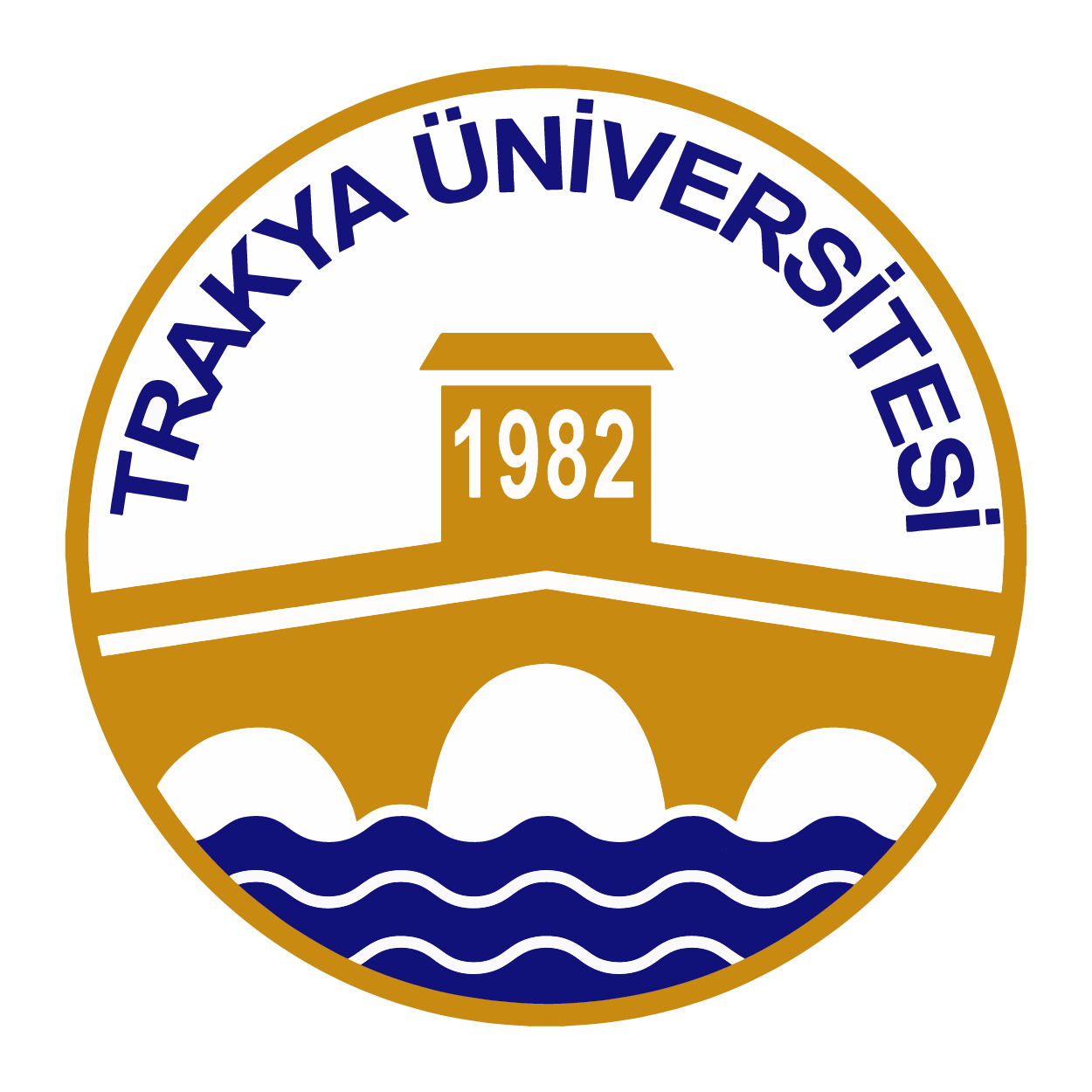Abstract
In recent history, outbreaks such as swine flu, ebola, SARS and bird flu have been observed in the history of Humanity. The spread and impact of these outbreaks remained limited. COVID-19 spreads at a rate that cannot be compared to previous outbreaks and expands its impact. Social isolation measures applied to reduce the spread of the epidemic and to narrow its impact area have caused deep and negative impacts and brought about some possible trends, especially in the labor markets. In the study, it was observed that COVID-19 reduced working times on a global scale, increased unemployment and decreased the share of informal employment. In the post-epidemic labor markets, flexible working times, such as part-time and scattered work, and distance and platform-based working patterns are expected to become widespread. In addition, there will be other trends likely to change the qualifications / skills of the workforce and the development of a new employment-priority economic policy.



